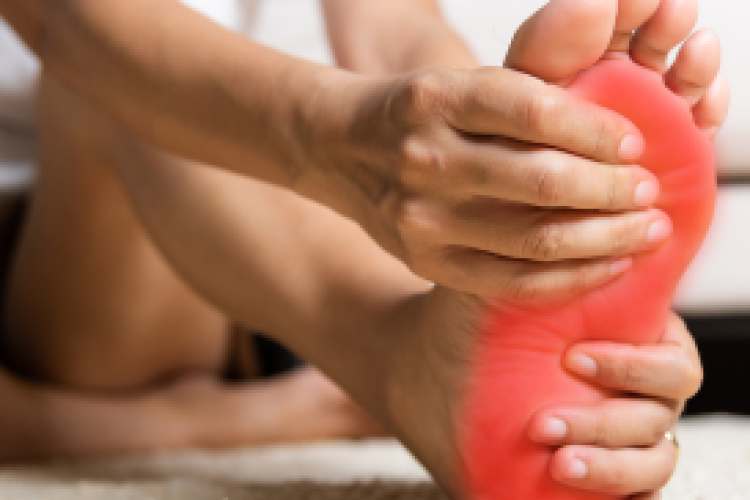The stress and anxiety caused by the COVID-19 pandemic often can seem overwhelming. Michael Levy, MD, a psychiatrist with Highland Medical, P.C., Highland Medical Psychiatry in Nyack, NY, says there are steps you can take to reduce your distress during this difficult period.
Q: What are the biggest concerns you are hearing from your patients?
A: Anxiety and sleep disturbances seem to be the biggest concerns. People are frightened. They’re anxious for themselves and their loved ones. They have a heightened sense of danger. Almost everyone I speak with is having trouble sleeping.
Q: What’s the most helpful thing a person can do to reduce anxiety and sleep problems during the pandemic?
A: Don’t watch the news before going to bed! Do something pleasant, relaxing and enjoyable. Watch something light – a cooking show or comedy. You don’t need to know the latest bad news right before you go to bed. Clinical studies have already been published online showing that people who are watching many hours of news during the pandemic have increased anxiety.
Q: What other stress-related behaviors are you seeing?
A: Overeating is a big one. If you’re stuck at home, you may feel there’s not a lot to do except watch TV and eat. It’s important to pay attention to your health. Eating a healthy diet can help keep your immune system strong and prevent weight gain. Some studies are showing that heavy people are at increased risk from the coronavirus, so this is especially important now. Use your time at home to exercise. Maybe you can even lose a little weight!
Q: How can older people deal with isolation during the pandemic?
A: Older people have to isolate themselves because they’re most at risk of severe consequences from this virus. Unfortunately, that is leading to a lot of loneliness. For many people, using Zoom, Skype or some other technology to allow them to see the faces of loved ones is helpful. Some people who have older family members nearby can do a “window visit.” The older person stays inside but can talk to their loved ones on the phone while looking at them through a closed window or patio door so there’s no risk of virus transmission.
Q: When should a person seek professional help for their coronavirus-related anxiety?
A: If you’re feeling agitated all the time, and are having severe sleep or appetite problems, and your anxiety about the virus is so intrusive that it’s all you can think about, you may want to consider getting professional help. Your primary care doctor may be able to connect you with a counseling professional who can treat you remotely.
Q: What words of hope do you have for people who are anxious about the pandemic?
A: It’s starting to look like we’re heading toward the other side of this. The numbers are beginning to come down in terms of hospitalizations. This will end at some point. Hang in there and keep social distancing, and we’ll come out on the other end.



 Upcoming Events
Upcoming Events



